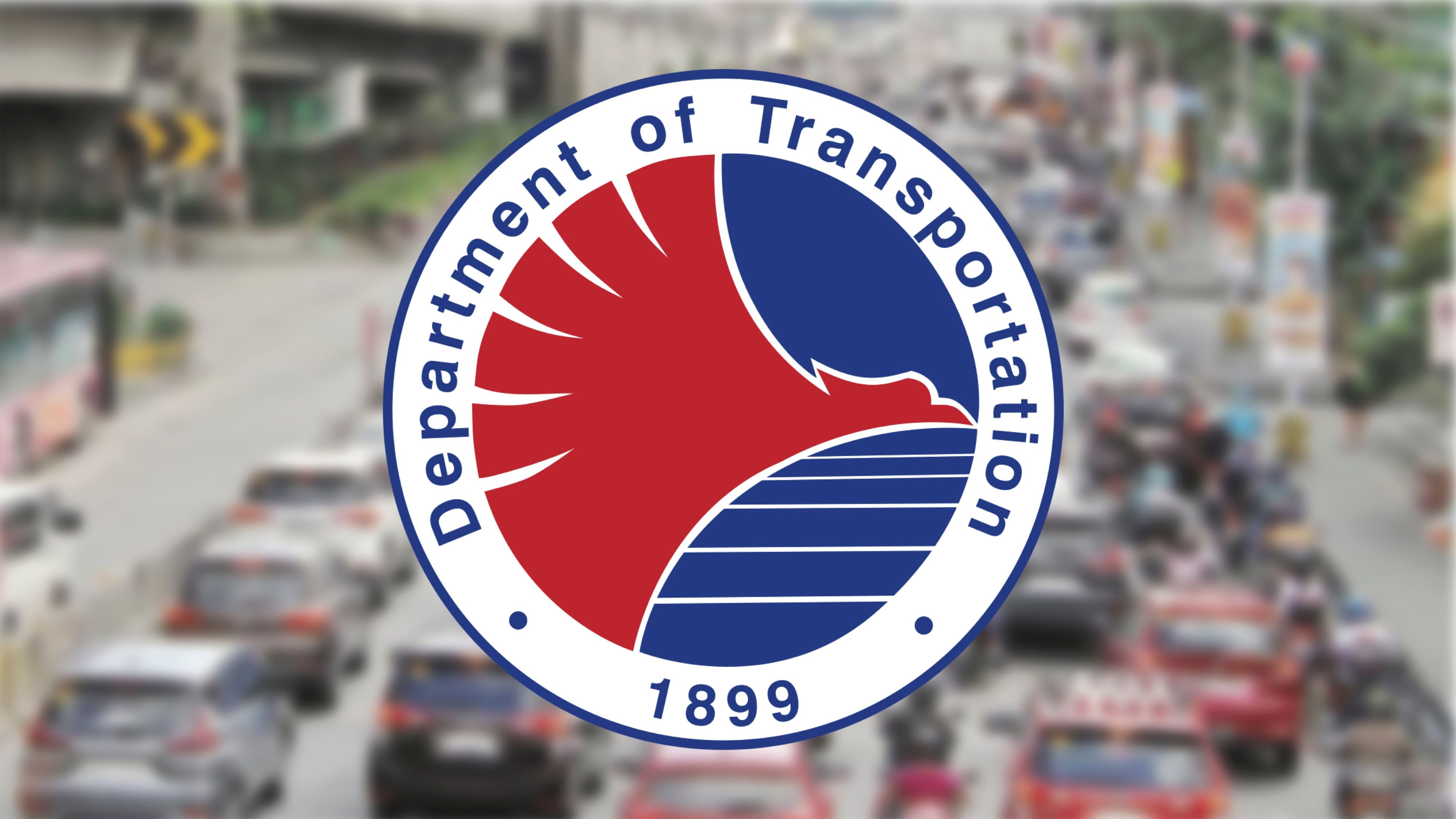Even before the Duterte administration, the controversy over the unsuitability and non-compliance of the trains delivered by CRRC Dalian Co. Ltd. for the Metro Rail Transit (MRT) Line 3 system had blown but with the assumption of Rodrigo Duterte to the presidency, the conflict was swept under the rugs.
Today, the same trouble still hounds the Department of Transportation (DOTr), which is now studying a possible arbitration case against the Chinese train manufacturer, even calling it a “slight issue since the train delivered to us appeared not in conformity with the agreed terms as they were heavier,” as DOTr Secretary Jaime Bautista put it.
He cited the reason for not operating the trains to possible higher operation and maintenance costs for both the trains and the rails.
Bautista said the government would also be slapping a penalty against the Chinese train manufacturer such as liquidated damages, subject to agreement with them.
“We need to talk with them. We should be fair and reasonable in terms of what should be collected from Dalian,” the transportation chief added.
Bautista said arbitration is the direction of the problem with Dalian, to be filed in Singapore.
Trains could still be used
However, he also noted that Dalian was working on solutions to make the trains usable on the MRT-3 line.
“Perhaps, if we will be satisfied, we can agree with them to operate the Dalian train,” he said.
Meanwhile, whichever will be the winning bidder for the privatization of the operations and maintenance (O&M) of MRT 3 could eventually consider using the Dalian trains.
“We have to involve the private sector… They could come up with solutions on how to operate [the Dalian trains] despite the weight,” he said.
Bautista noted that the government plans to bid out the privatization of MRT 3 by the second or third quarter of 2025.
The government operates MRT 3, while the MRTC, owned by Metro Rail Transit Holdings II Inc. led by businessman Robert John Sobrepeña, was responsible for the design and construction of the EDSA rail transit system.
Too little, too late?
This early, however, doubts have been raised over the prospects of the DOTr’s plan to seek an arbitration ruling against Chinese train maker CRRC Dalian Co. Ltd.
“Arbitration on the Dalian trains will have a poor chance of success. The railcars have been with the DoTr for the last eight years, when it had plenty of time to return the cars or seek a refund. Arbitration (only means) more income to foreign consultants,” Rene Santiago, former president of the Transportation Science Society of the Philippines, said.
The possible pursuit of arbitration could go forward before the planned privatization of the operations and maintenance of Metro Rail Transit Line 3 (MRT-3), which is expected by 2025.
The government procured the Dalian trains in 2014, with deliveries taking place in 2016. The trains were expected to increase the capacity of the MRT-3 to 800,000 passengers daily.
Bautista said that the Dalian trains were too heavy to use the MRT-3 tracks, said Business World.
“A private concessionaire can find ways to combine the Czech & Dalian trains efficiently by exploring parts standardization,” Santiago said.
Nigel Paul Villarete, senior adviser on public-private partnership at the technical advisory group Libra Konsult, Inc., said having the concession holder come up with a solution to operate the unused trains would be a better option, rather than seeking arbitration.
“If these trains can be used, I think we’d better use them rather than completely repudiate the purchase. They may want to do a full financial and economic comparative analysis on the options to take,” Villarete told Business World.
However, he said that operating the unused trains once the private concessionaire takes over would entail higher maintenance costs, which can be passed on to consumers if viable.
#WeTakeAStand #OpinYon #OpinYonNews #DOTr #MRT #Transportation
